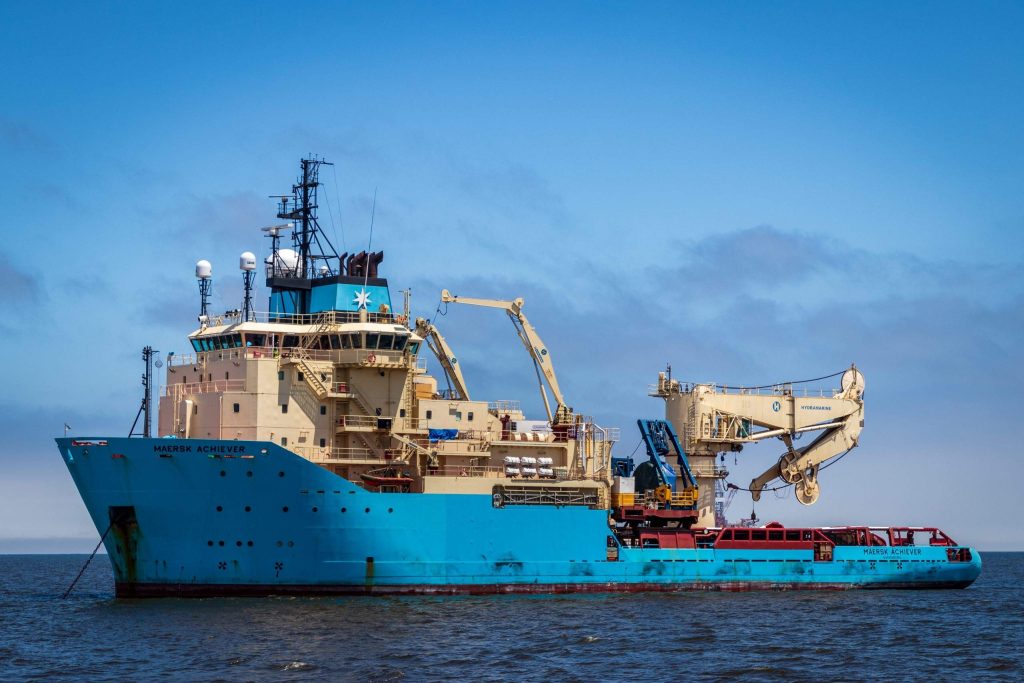Driven by a need for excellence, security, and sustainability, the marine sector has always been at the forefront of innovation. The demand for innovative marine engineering solutions has never been more obvious as global trade
Driven by a need for excellence, security, and sustainability, the marine sector has always been at the forefront of innovation. The demand for innovative marine engineering solutions has never been more obvious as global trade keeps spreading. Late innovative headways are changing the maritime scene and influencing everything, including routes and natural practices as well as transport strategy. The important developments in marine engineering services that are determining the final fate of the maritime sector are examined in this paper.
1. Intelligent boats and mechanization
- The development of outstanding boats is most likely the major breakthrough in maritime engineering. Modern sensors and robotized frameworks put on these ships improve security and functional capability. Savvy ships screen several limits, including fuel use, engine performance, and weather conditions, using continuous information research. This data helps groups make wise decisions, maximize courses, and cut functional costs by means of informed selections.
- Furthermore, lowering the need for human involvement in many projects is robotization technology. Independent boats, which are now being developed and tested, for example, have great potential to revolutionize shipping by reducing human error risk and boosting output. Although totally independent boats are still not too far off, headways in this area indicate a change toward more intelligent marine operations.

2. Green Developments and Sustainability
- The maritime sector is progressively embracing green technology as ecological concerns grow. Melted petroleum gas (LNG) and other innovations, including cross-bred drive frameworks and elective energizers, are starting to take hold. These developments effectively reduce ozone-depleting substance emissions, therefore enabling the sector to move toward a more sustainable future.
- Furthermore, developing plausible solutions for lessening the environmental impact of maritime operations are energy component innovations and battery-operated boats. For example, several local areas now have working ships and goods ships running on batteries, proving the viability of better energy sources. The drive for sustainability is not merely a logistical need; for companies that prioritize environmentally friendly methods, it becomes an upper advantage.
3. High-grade materials and boat design plan
- Materials science innovations are changing transportation plans and development. Using lightweight, high-strength materials such as carbon fiber and high-level composites helps to enable the development of other more efficient and faster boats. These materials reduce fuel consumption and help boats to be generally operated upon.
- Furthermore, enabling engineers to create more efficient structural plans are PC-supported plans and reenactment improvements. These advances improve hydrodynamics by optimizing boat form and design, hence reducing drag and promoting even more environmental friendliness. The change toward more efficient plans helps transportation managers as well as promotes ecological sustainability.
4. Better Route and Correspondence Framework
- The security and efficiency of marine activities depend critically on current route and correspondence systems. Innovations in constant weather monitoring, integrated span frameworks, and satellite-based routes have transformed vessel operations adrift. These developments provide organizations with exact knowledge of their surroundings, thereby allowing more safe paths and more effective courses of action.
Thanks in great part to marine engineering services, the maritime sector is changing dramatically. From state-of-the-art materials and improved route structures to great ships and green technologies, these developments are determining the fate of marine activities. Adopting these technologies will be essential to improving sustainability, security, and performance as the sector develops. Staying at the forefront of innovation allows the maritime sector to investigate challenges symbolizing things to come and support an extra sustainable and related globe.
